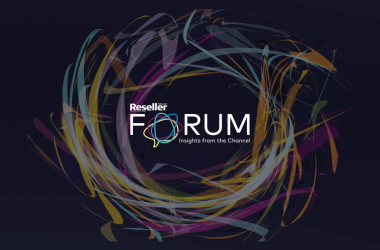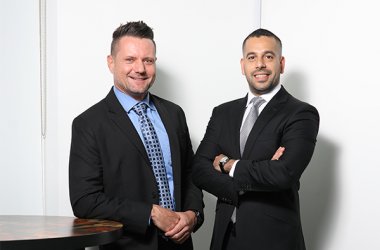
Netbooks have had no shortage of naysayers since they first appeared two fall seasons ago.
Critics said they were too small, underpowered, and fragile, for starters.
Tell that to the consumers who bought more than 50 million netbooks worldwide in the past two years, according to ABI Research.
ABI predicts that netbook sales will continue to explode, with 139 million sold in 2013. But doubters are re-emerging in full force. This time, giddy on the many rumors of Apple’s "JesusTablet", they are banging the tablet computing drum.
But there are good reasons to be skeptical that the tablet PC will sweep away the netbook next year.
The tablet computer has been the PC industry’s Holy Grail for nearly two decades. Popular Mechanics wrote in 2002, "Creating a user-friendly tablet computer has been a goal for software and hardware manufacturers for about a decade, but nothing has quite measured up to expectations…"
Tablet PCs are used today, but only in any scale in certain industry niches. Their failure to catch on widely hasn’t stopped proponents from declaring the imminent arrival of "Year of the Tablet" in 2002, 2004, 2006, and again in 2008.
"I don’t think [tablets] are ready to happen," said Geoff Walker, product marketing manager at touchscreen maker, NextWindow Ltd. A former tablet PC marketing executive-and-industry analyst. Walker sees two problems: a lack of applications taking advantage of finger- or pen-based input, and "the fact that you can walk around with a tablet like a clipboard is far more appealing to vertical markets than consumer."
Statisticians say that just because you flip a coin and get heads 7 times in a row doesn’t mean that you’re more likely get tails on your eighth flip. Each flip is an independent event. You’re not "due," even if the overall odds are 50:50.
The analogy isn’t perfect, but after hearing that pundits have been declaring the "Year of the tablet" for the past seven years, do you think tablet PCs are finally due?
The first of (all new!) tablets too expensive
The only tablet with a confirmed price tag is the JooJoo, known earlier as the CrunchPad, at $499. Such a spend can buy Amazon’s latest Kindle 2 e-reader ($259) and any number of new or refurbished netbooks from Acer, Asus, Dell and others. And a newcomer has just-introduced the $99 CherryPal.
Fusion Garage’s JooJoo (see video) will cost $499. For that, you could buy a Kindle 2 e-reader and a low-end netbook. As one repentant tablet enthusiast puts it, "I see very little reason for anyone to shell out the same amount of money for an overall less capable tablet."
Other cheaper tablets will definitely follow, but analysts including Jack Gold question whether they will "have enough horsepower."
"A lot of stuff goes on under the hood when you draw with your finger on a tablet screen that you don’t need to do on a PC," Gold said. "The question is: Can you make it responsive enough at that price?"
One thing is for sure: Apple’s "iPad" won’t risk performance for price. "We don’t know how to make a $500 computer that’s not a piece of junk, and our DNA will not let us ship that," said CEO Steve Jobs this spring.
Recession still bites
$1,000 for a computer isn’t necessarily that much. That’s how much the cheapest laptops cost earlier this decade. And it’s how much Apple still charges for its lowest-end MacBooks.
But there are innumerable cheaper alternatives today. And the tentativeness of the economic recovery means that consumers will still flock to lower-priced products like netbooks. Gartner Inc. predicts that while PC shipments will grow 12.6% next year, revenues will trail, increasing just 2.6%.
Vendors, especially more agile Asian manufacturers such as Acer Inc., Asus Inc., and Lenovo Group Ltd., will keep saturating the market with lower-priced netbooks to gain share from Dell and HP, says Gartner.
Tablet backers miss the key point: price. There are four others.





